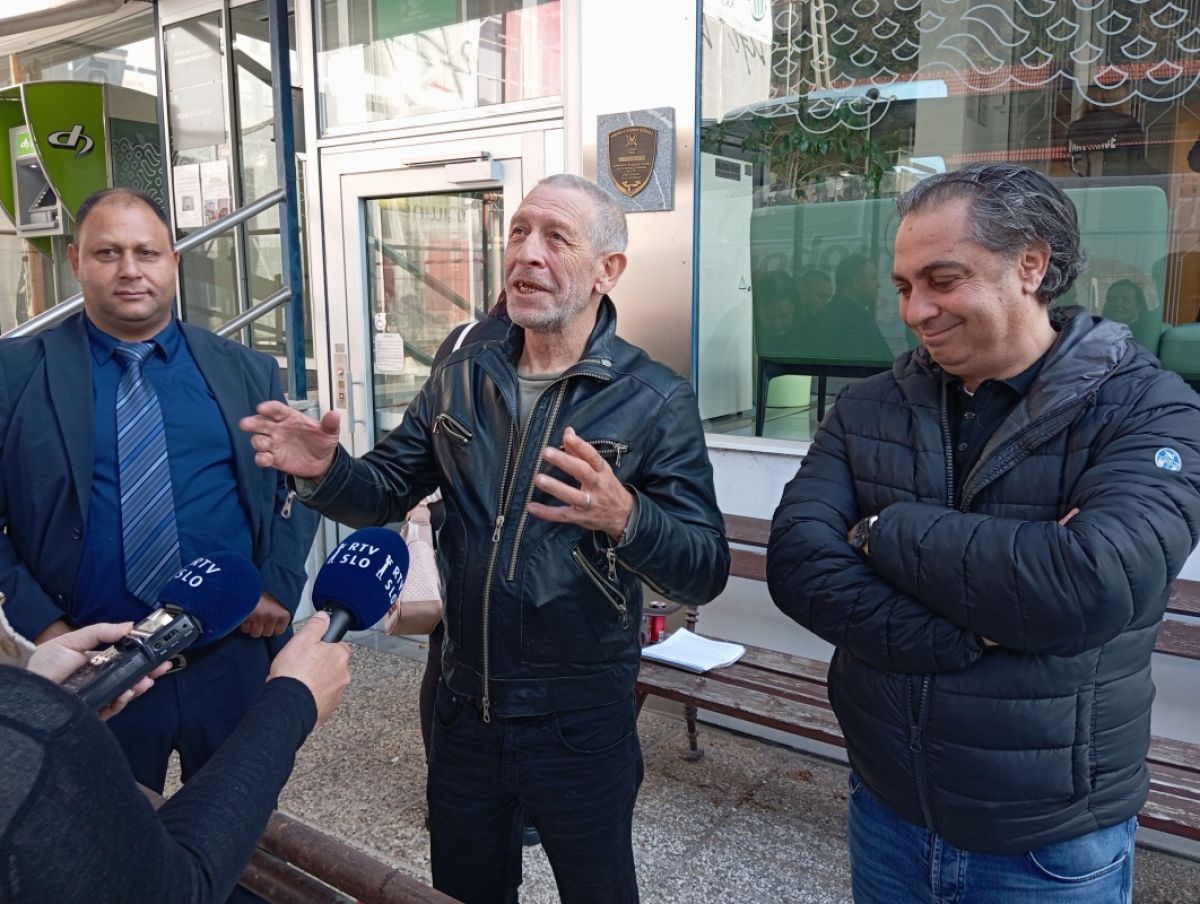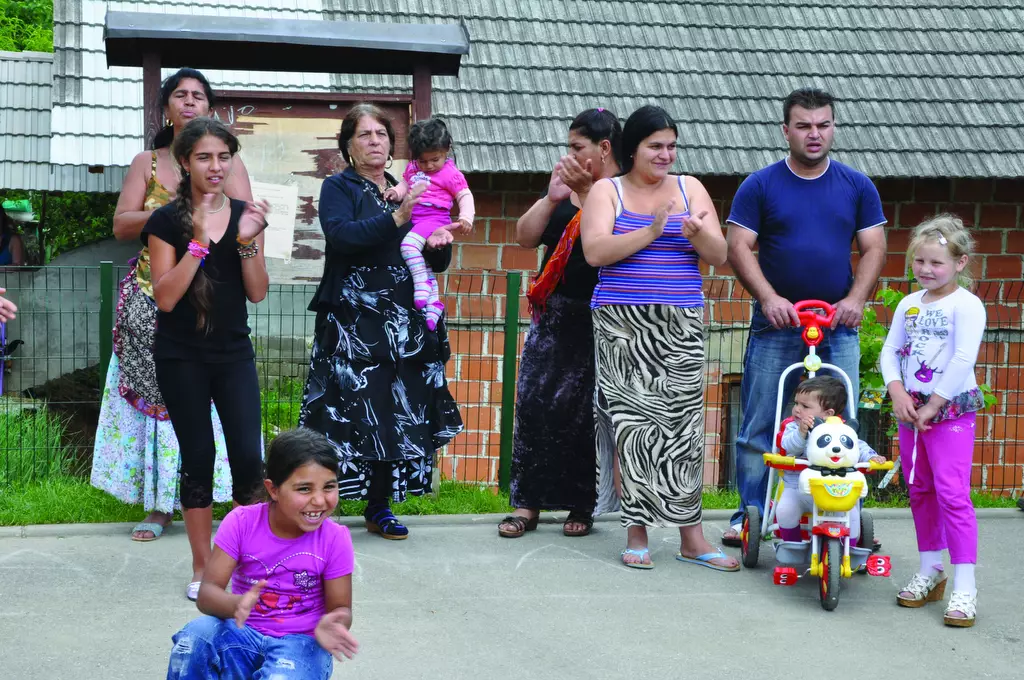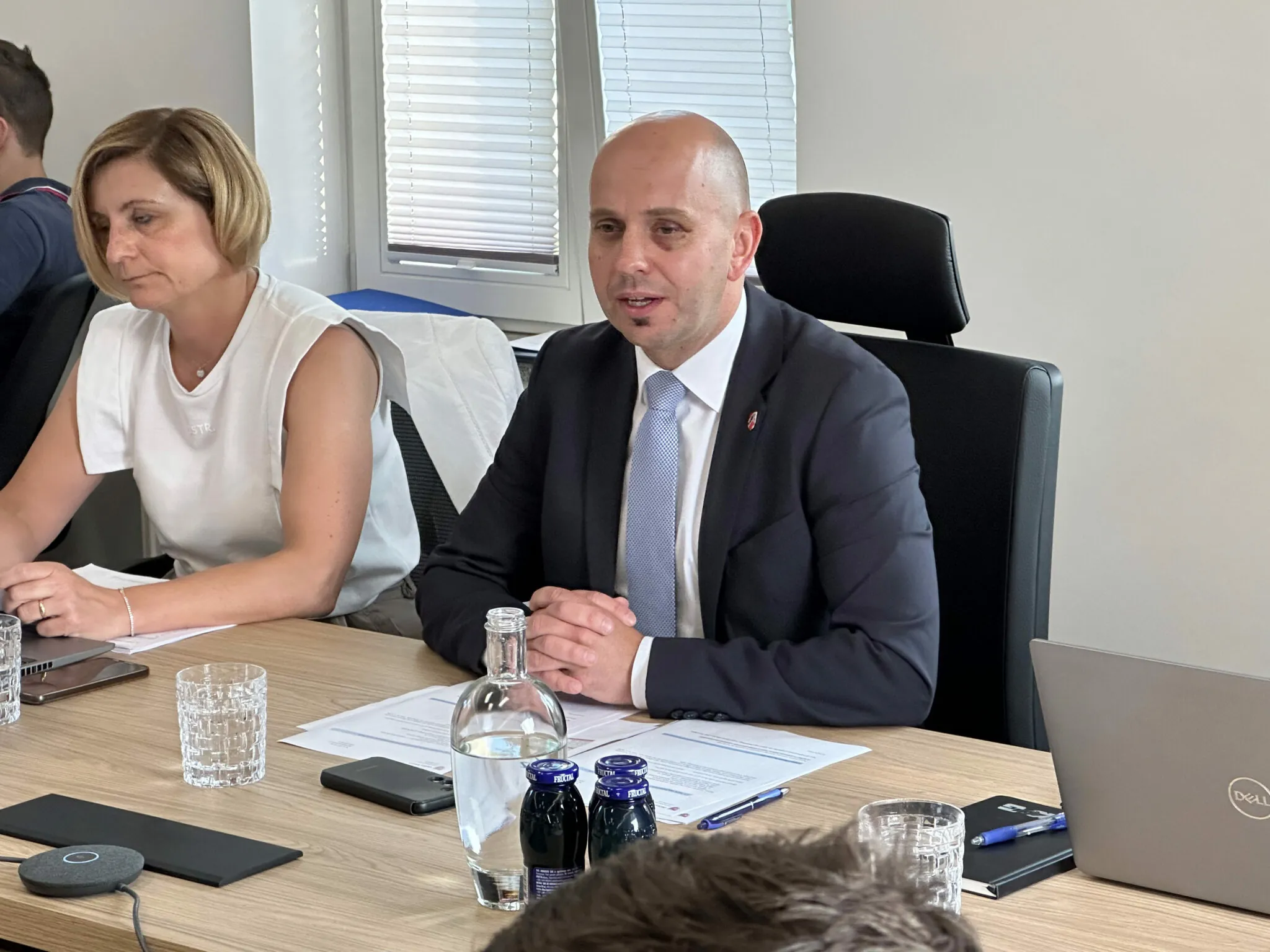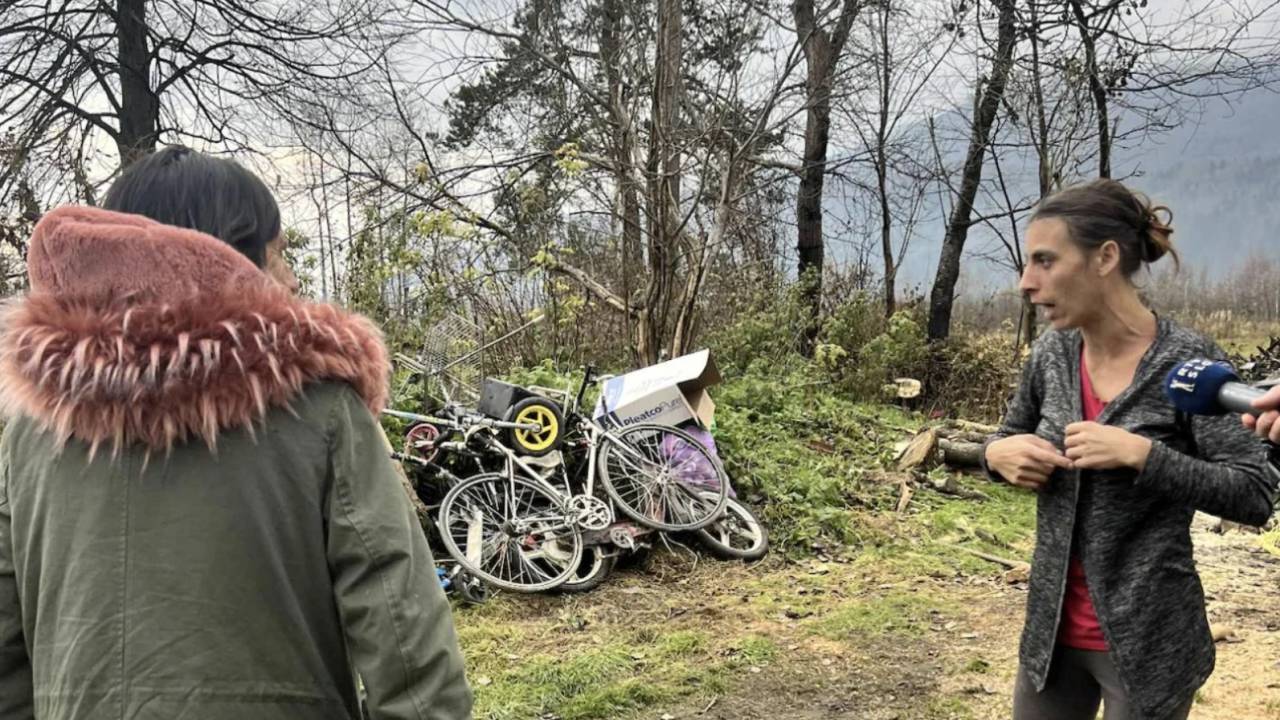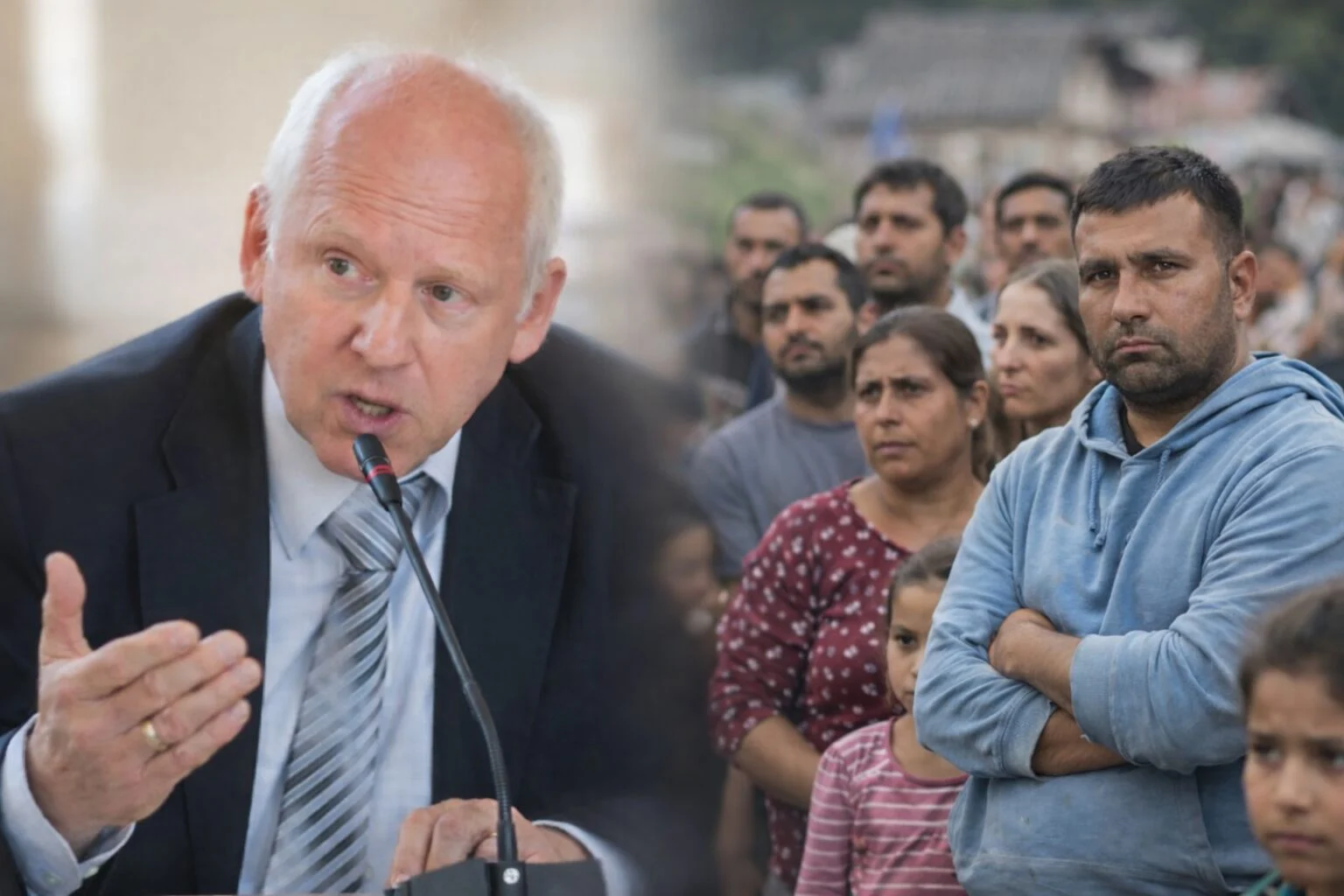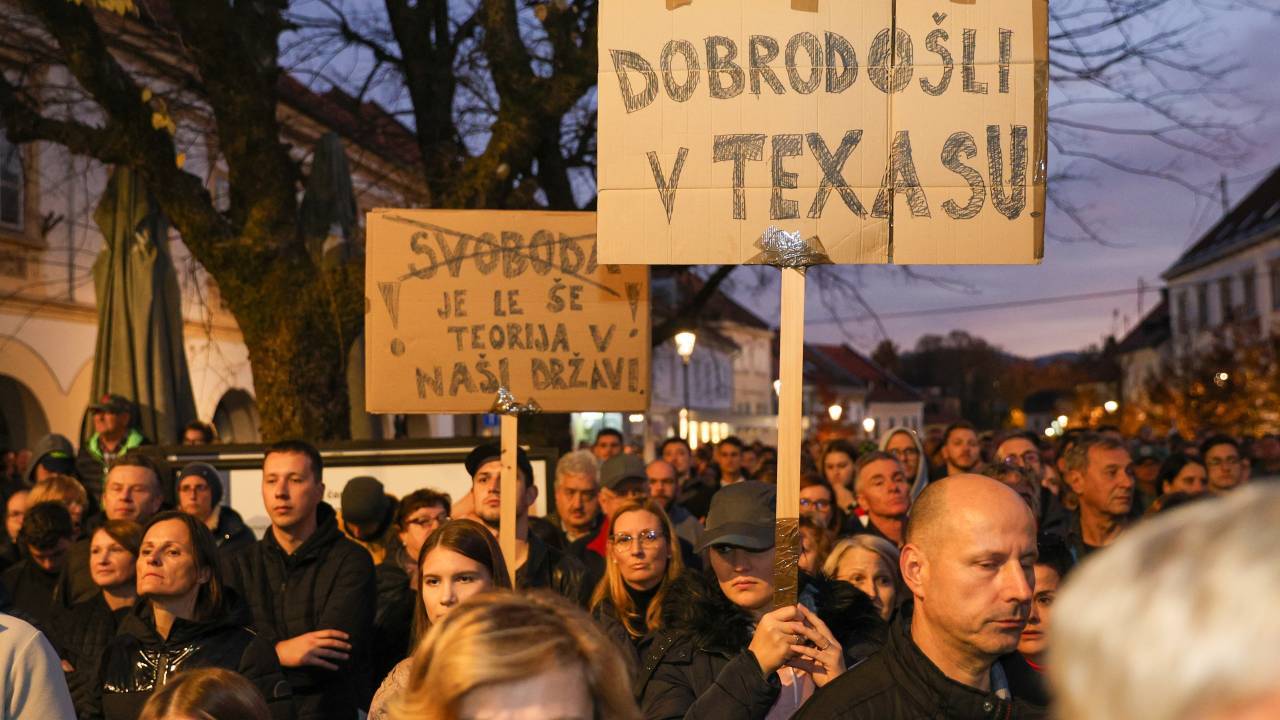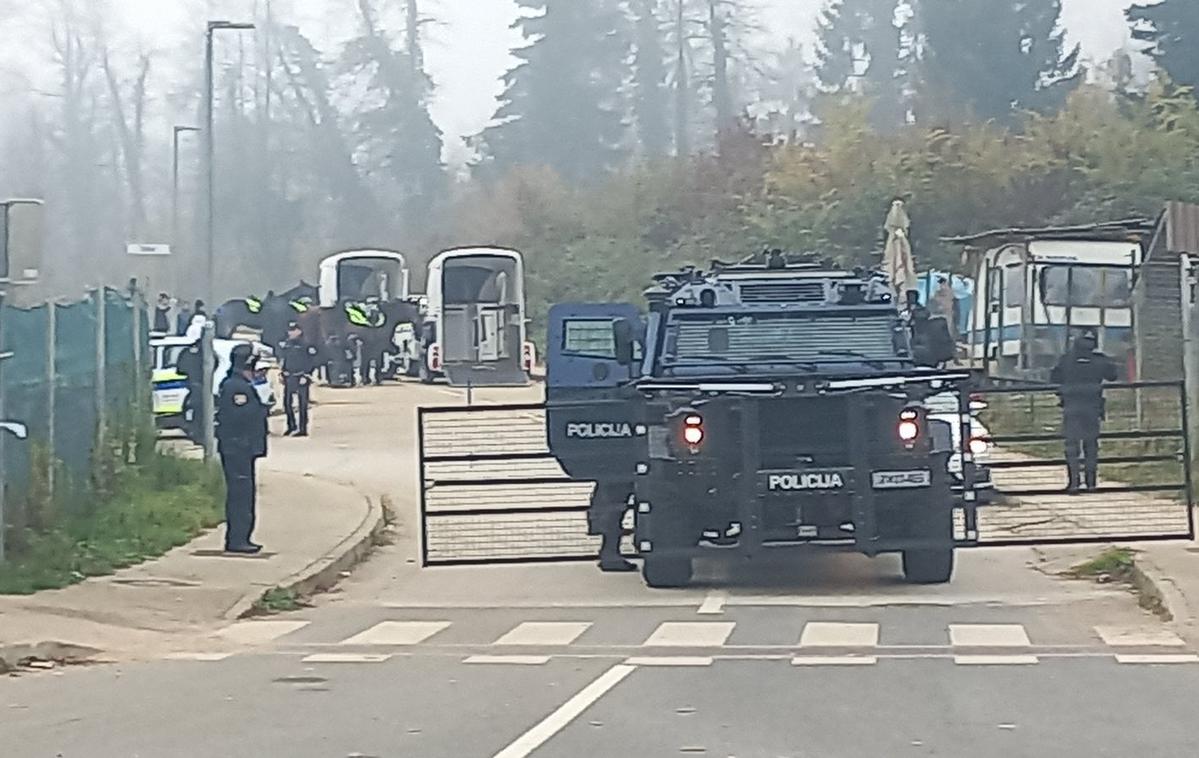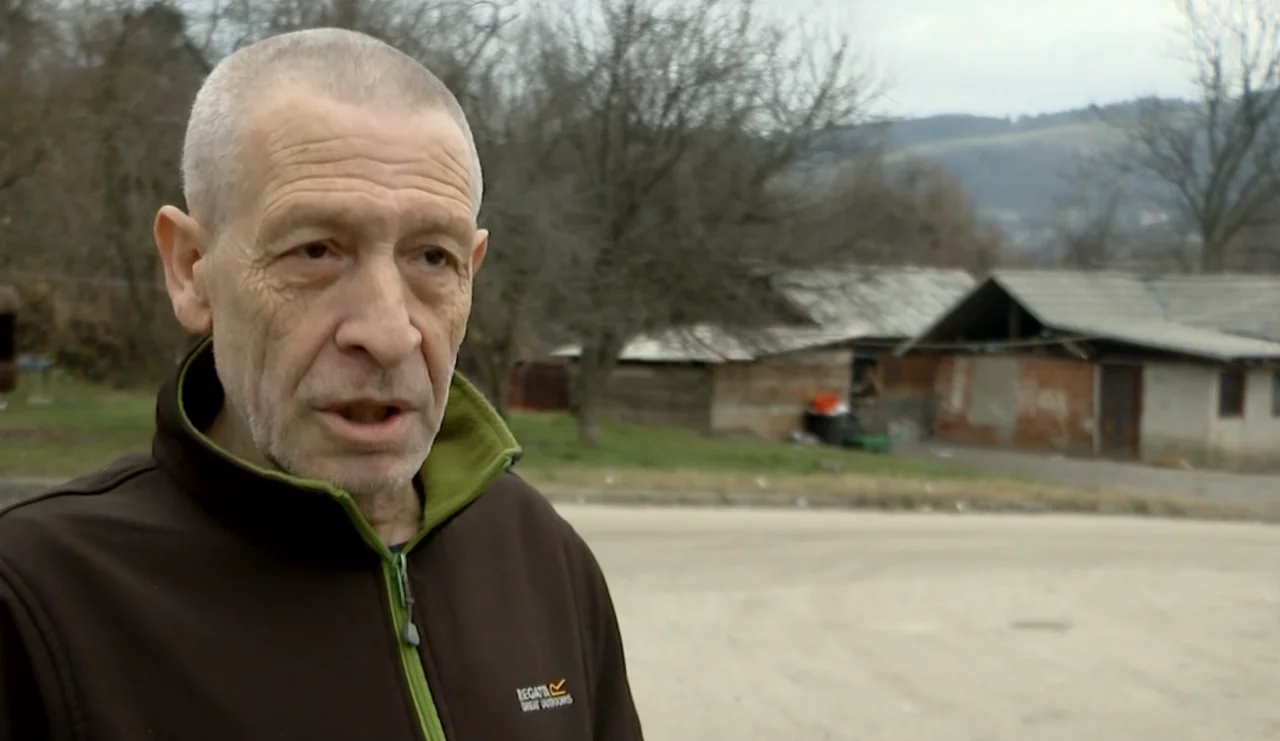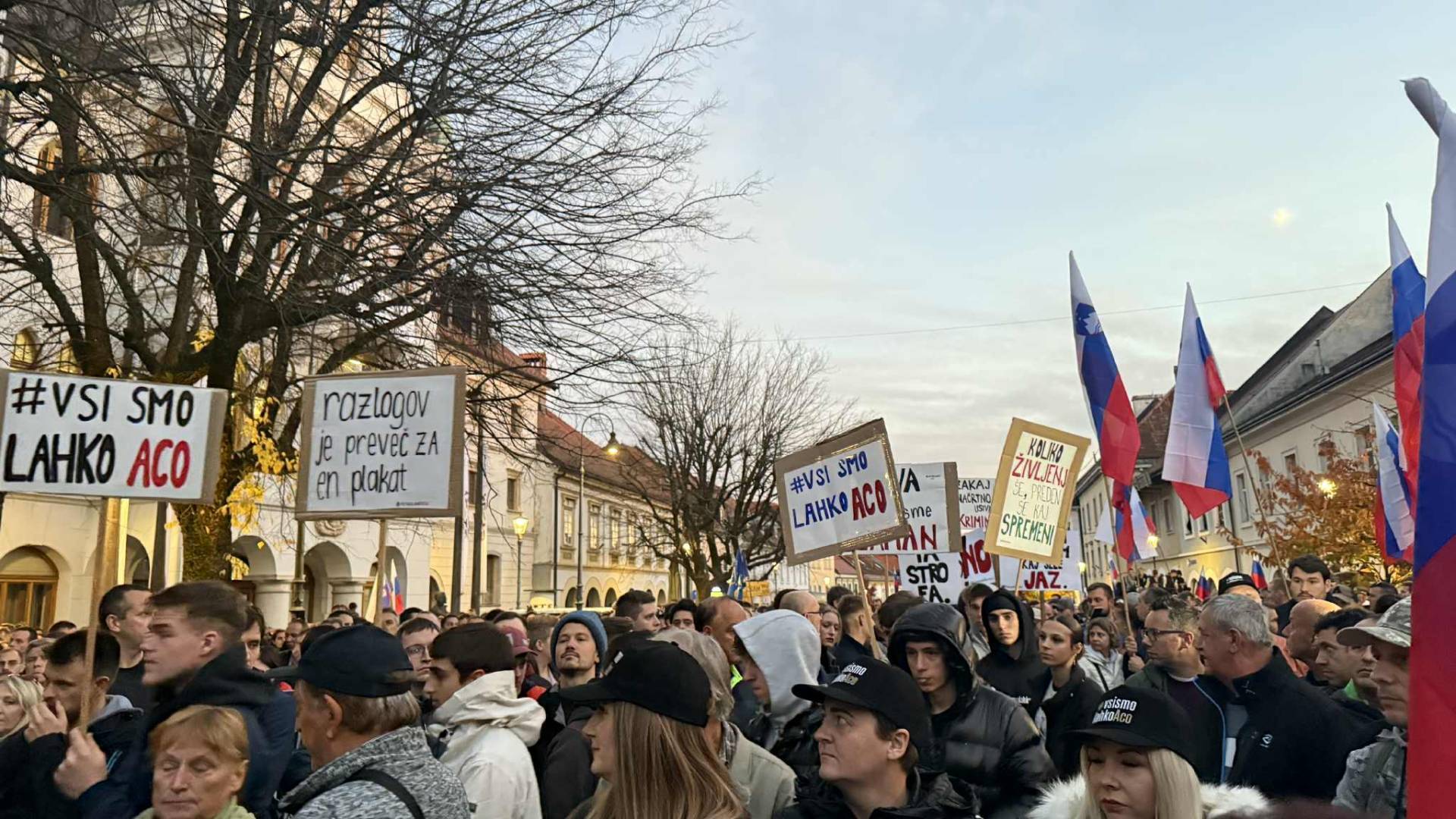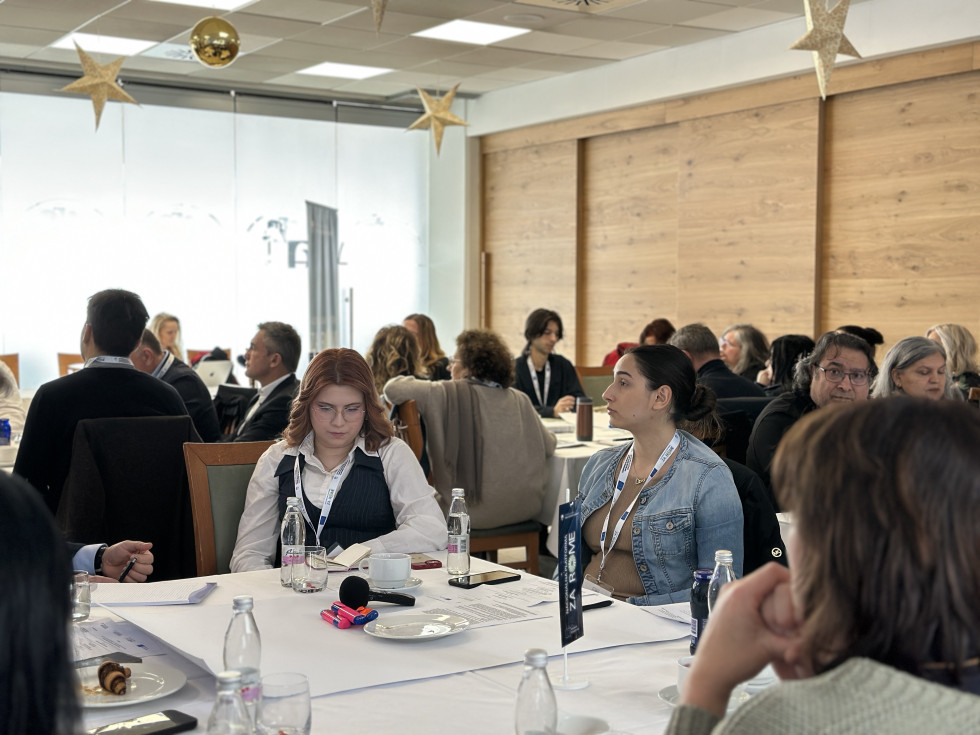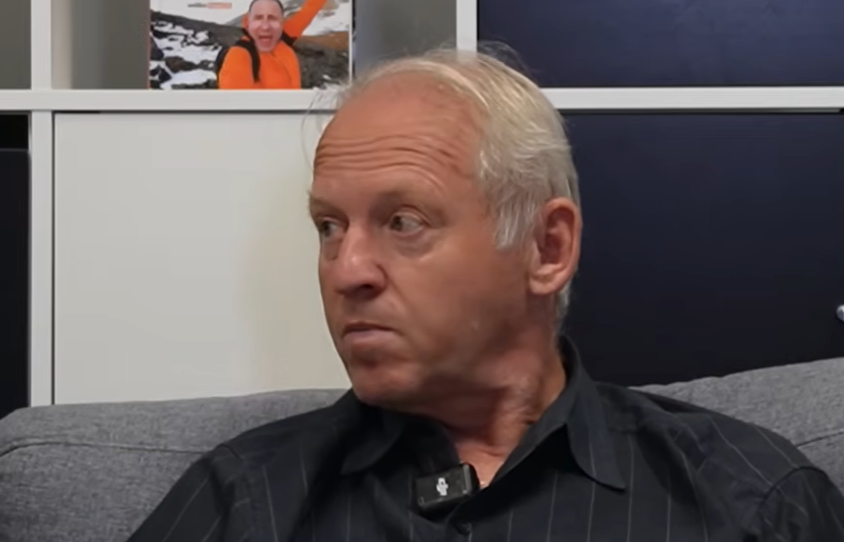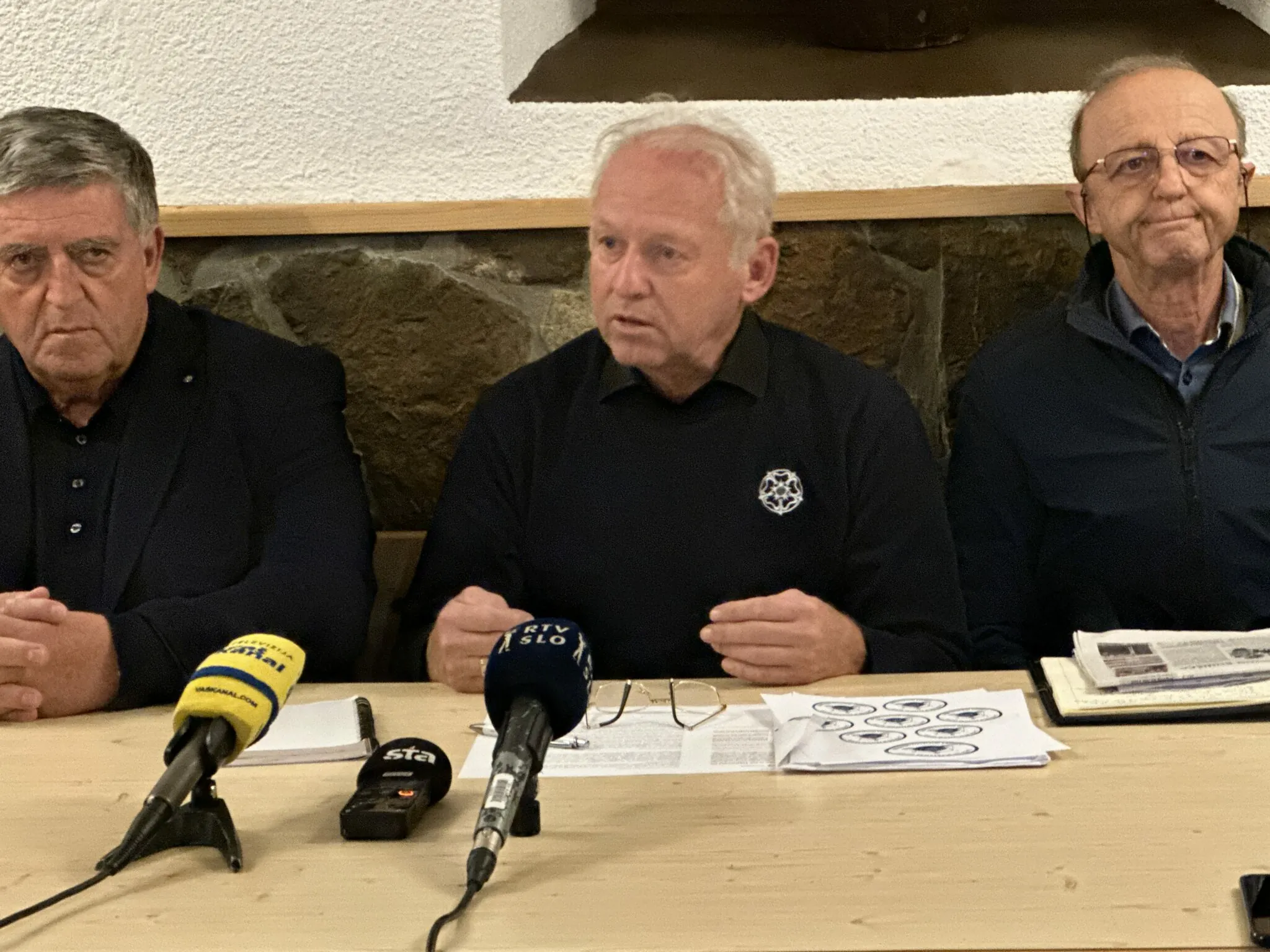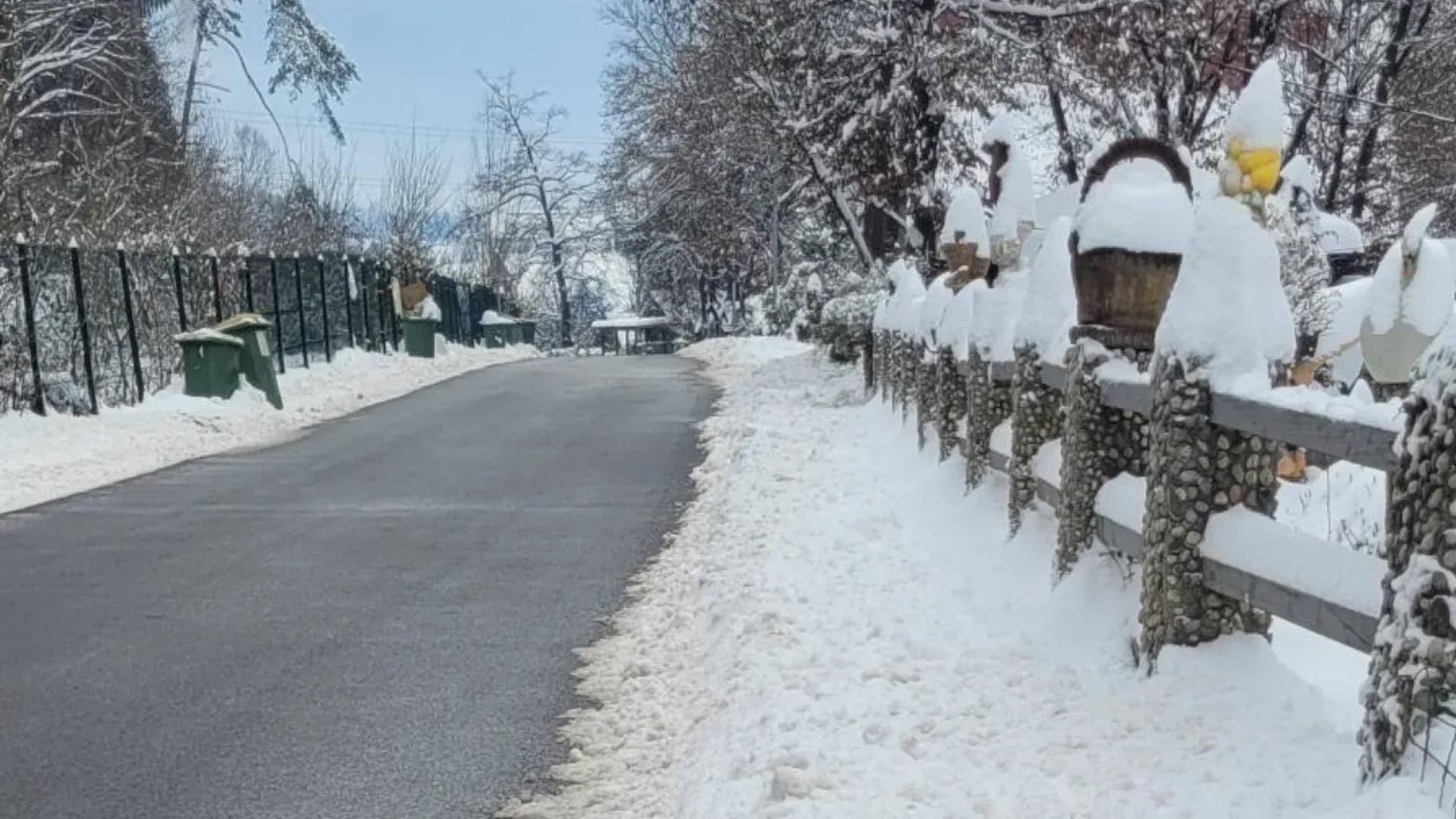Šutare’s law, which enabled the Financial Administration of the Republic of Slovenia (Furs) to collect unpaid fines from recipients of social assistance, will undergo its first changes. New feature in social assistance transfers: One part will be protected from seizure.
Like many other debtors, Krk Roma councilor Dejan Brajdič (left) and former Novo Mesto Roma councilor Zoran Grm (center) were left without social assistance this month.
“My partner and I were left without every cent this month. I’m 60 years old, she’s 55, we’re both sick. I couldn’t even pay for electricity. These days we will go to the Red Cross for help, but I know that they have almost nothing to give there either, because in this system it is not only the Roma who are left without social security, there are also the homeless, many tenants, people with minimum wage and the like,” former Roma councillor Zoran Grm, who was also one of the co-organisers of Tuesday’s Roma protest, which then did not take place, told us these days.
- Zoran Grm, nekdanji romski svetnik: Ni prav, da nam rubijo za nazaj. In: Svet 24 TV. 14.02.2026. https://svet24.si/lokalno/dolenjska/novice/zoran-grm-rubezi-izvrsbe-1880173#google_vignette
